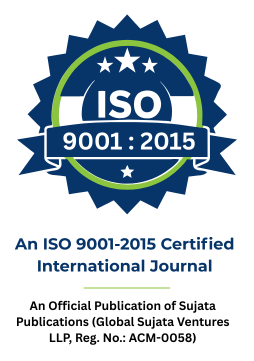Potential Drug-Drug Interactions and Adverse Drug Reactions associated with Azithromycin used in the treatment of COVID-19 Infected Patients: A Drug Information Resources-Based Review
DOI:
https://doi.org/10.62896/jcarr.v2.i2.04Keywords:
COVID 19, Micromedex®, Azithromycin, Drug-Drug interactions, Cardiac functionAbstract
The end of 2019 became the most remarkable one in human history with the start of an epidemic in Wuhan city of China. The severe respiratory syndrome caused by COVID-19 (named as SARS-CoV-2) created a crisis for public well-being internationally, and the WHO had to declare it a pandemic by March 12, 2020. Many trials are being carried out to check the efficiency and safety of the drugs and treatments. Some of the commonly used drugs are LopinavirRitonavir, Tocilizumab, azithromycin, Hydroxychloroquine, and Convalescent plasma. The drug Hydroxychloroquine, which gave good results earlier, now has restricted use due to a lack of usefulness, but the usage of azithromycin is continued. Micromedex® drug Interaction tool analysis to evaluate and identify Azithromycinrelated possible Drug Drug interactions. Azithromycin tablet highlights the warnings of possible health hazards associated with the administration of Azithromycin along with Precautions in certain co-morbidities and contraindicated patients. The complications with the use of Azithromycin are mostly associated with cardiac functioning; therefore, while selecting of drug, patient ECG should be ruled out before initiation of therapy. A major proportion of patients are asymptomatic; therefore, blind use of Azithromycin should be prohibited. Considering DDIs and ADRs associated with Azithromycin use, it should be used under clinical care with emphasizing proper screening in cardiovascular comorbid patients and those with liver dysfunction.
Downloads
Published
Issue
Section
License

This work is licensed under a Creative Commons Attribution-NonCommercial 4.0 International License.




